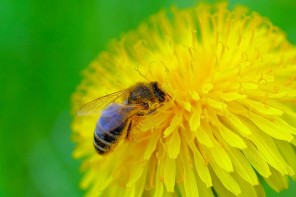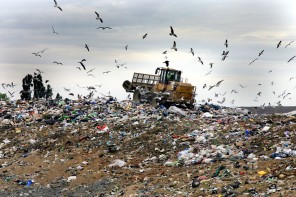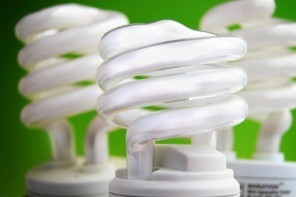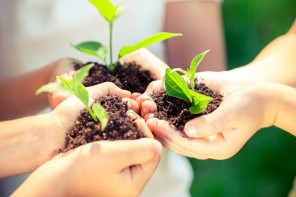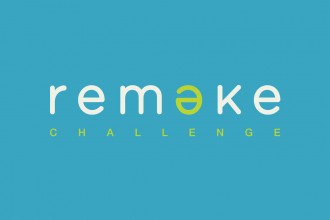One of the world’s leading renewable energy developers, Renewable Energy Systems (RES) Southern Africa, has plans for a 62-turbine wind farm near Oyster Bay in the Eastern Cape. The project is expected to create 200 jobs.
Recently authorised by the Department of Environmental Affairs, the project will hold an estimated generation capacity of 160MW, with each turbine capable of producing between 1.8MW and 3MW.
“Given the high unemployment levels and limited job opportunities in the area, this will represent a significant social benefit,” said Duncan Ayling, head of development for RES.
Of the jobs that are expected to be created in the construction process, said Ayling, about 15% will be available to skilled personnel such as engineers and technicians as well as individuals who will take on management and supervisory roles.
A further 65% of the opportunities will go to semi-skilled personnel like drivers and equipment operators, while 20% will be made up of employees in the low skills bracket, like construction labourers and security staff.
Impact on the community
Members from the local community are likely to qualify for the majority of the low skilled and some of the semi-skilled employment opportunities.
The company will provide on-site training and implement a mentoring programme in order to develop the capacity of employees. A health and safety training program will also be implemented.
“RES is committed to engaging with the local community and the municipality with regard to using the project to support job creation and promote skills development,” Ayling said.
He added that the social impact will be felt mostly in the employment benefits, but infrastructure spending – which is estimated at R2.4-billion (about US$289 000) during the construction phase – will help boost the local economy.
The construction of the wind farm, including infrastructure, is expected to begin by 2013 at the latest, and take approximately 24 months to complete. The project is anticipated to be up and running by 2016, with an operational life expectancy of 25 years.
The wind farm evolution
The farm will also connect to Eskom’s Melkhout sub-station situated north of the nearby town of Humansdorp.
According to the Southern African Alternative Energy Association, 88 applications for wind farms have been received by the Eastern and Western Cape authorities and some of these are expected to have as many as 600 turbines located on them.
According to figures submitted to the Department of Environmental Affairs in 2011, a total of 40 wind farms are likely to be erected in the Western Cape and if these are approved, about 2 800 turbines will be installed around the province.
RES selected the site near Oyster Bay for its high wind speeds, its proximity in relation to the existing electricity grid and minimal constraints from a construction point of view.
The final number and size of the turbines, according to the company, is yet to be determined and will be based on further studies of wind regime, terrain and environmental constraints.
Integrated Energy Plan for South Africa
The Oyster Bay project falls under the Department of Minerals and Energy’s Integrated Energy Plan (IEP) for South Africa, launched in 2003.
The ten-year plan declares South Africa’s continued reliance on coal, but also uses modelling to forecast which energy sources can be used most effectively to meet growing demand. The plan advocates change of energy sources, including renewable technologies such as wind and solar energy, as well as fuel switching to improve energy efficiency.
In her keynote address at the energy planning colloquium in Johannesburg last month, Energy Affairs minister Elizabeth Dipuo Peters said gas can play a role, not only in the generation of electricity, but also as an alternate fuel in meeting household and industrial energy needs.
“The IEP will provide a roadmap of the future energy landscape for South Africa and guides future energy infrastructure investments and policy development,” the minister said.
Words by Cadine Pillay via Media Club South Africa





